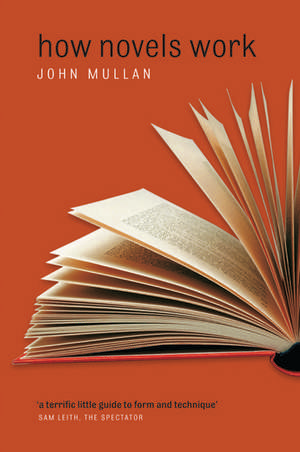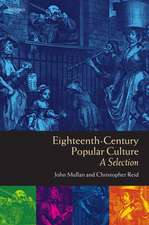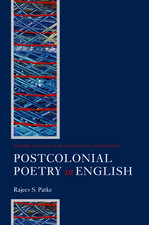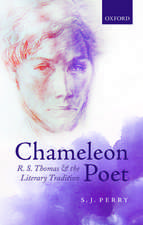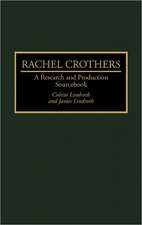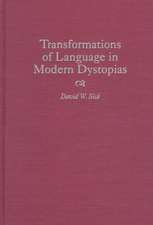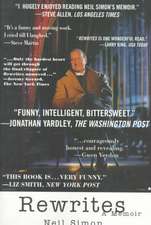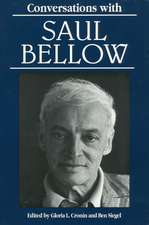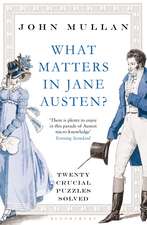How Novels Work
Autor John Mullanen Limba Engleză Paperback – 14 feb 2008
| Toate formatele și edițiile | Preț | Express |
|---|---|---|
| Paperback (1) | 52.30 lei 10-16 zile | +21.12 lei 5-11 zile |
| Oxford University Press – 14 feb 2008 | 52.30 lei 10-16 zile | +21.12 lei 5-11 zile |
| Hardback (1) | 176.54 lei 31-37 zile | |
| Oxford University Press – 12 oct 2006 | 176.54 lei 31-37 zile |
Preț: 52.30 lei
Preț vechi: 61.28 lei
-15% Nou
Puncte Express: 78
Preț estimativ în valută:
10.01€ • 10.48$ • 8.33£
10.01€ • 10.48$ • 8.33£
Carte disponibilă
Livrare economică 26 februarie-04 martie
Livrare express 21-27 februarie pentru 31.11 lei
Preluare comenzi: 021 569.72.76
Specificații
ISBN-13: 9780199281787
ISBN-10: 0199281785
Pagini: 368
Dimensiuni: 129 x 196 x 24 mm
Greutate: 0.3 kg
Editura: Oxford University Press
Colecția OUP Oxford
Locul publicării:Oxford, United Kingdom
ISBN-10: 0199281785
Pagini: 368
Dimensiuni: 129 x 196 x 24 mm
Greutate: 0.3 kg
Editura: Oxford University Press
Colecția OUP Oxford
Locul publicării:Oxford, United Kingdom
Recenzii
It strikes me that none of our readers can afford to be without this book! I'm an admirer of John Mullan's 'Guardian' columns, and this is definitely something that we should be reviewing.
A brilliant crash course in contemporary fiction
A brilliant crash course in contemporary fiction
Notă biografică
John Mullan is Professor of English at University College London. He is the author of Sentiment and Sociability: The Language of Feeling in the Eighteenth Century (OUP) and co-editor of Eighteenth-Century Popular Culture: An Anthology (OUP). He has edited several works by Daniel Defoe and has written widely on eighteenth-century fiction. A broadcaster and journalist as well as an academic, he writes a weekly column on contemporary fiction for the Guardian.
